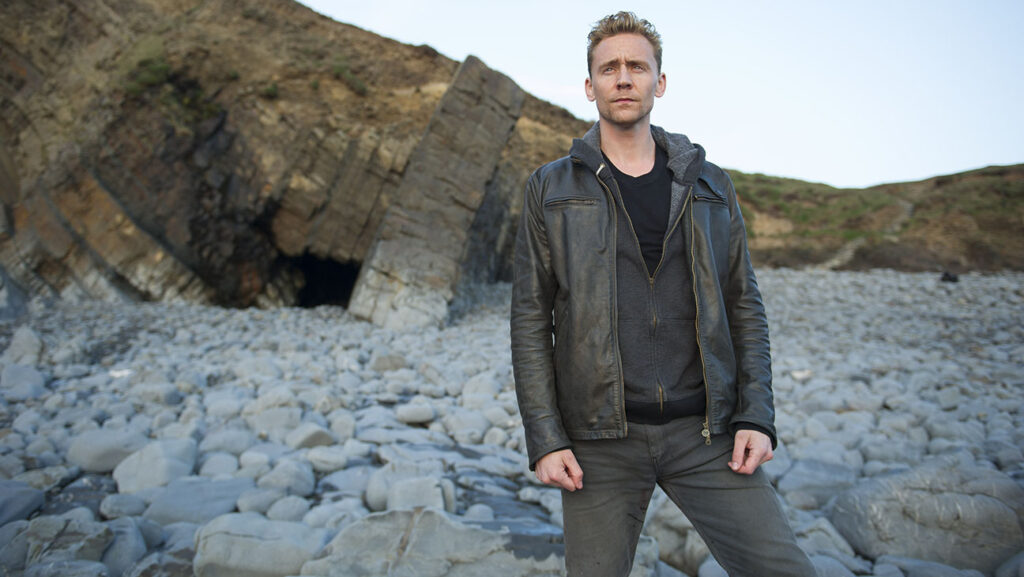The BBC on Monday published its annual plan for the fiscal year ahead, outlining a commitment to truth at a “challenging time for global democracy,” as well as “unprecedented” content funding issues.
“The role of the BBC has never been more important,” the annual plan began, highlighting conflicts in Ukraine, Sudan, the Middle East as well as climate change and a “renewed battle for control of online spaces”. Tech companies like Meta and X are “championing the withdrawal of controls and moderators,” the BBC said, and Donald Trump has “set the tone” for his second term.
The broadcaster contextualized the goals are set against a BBC budget down £1 billion ($1.3b) compared to 15 years ago, necessitating the 2,000+ cuts made in the last five years.
The corp is entering the coming year with an “ambitious” program and a “smaller, leaner workforce following an aggressive savings” program. This will involve strengthening their streaming platform iPlayer by offering breaking news and in-depth documentaries, and reaching younger audiences by expanding BBC News on both TikTok and Instagram.
The challenge of global democracy and the rise of social media influencers has hastened the internet’s fake news problem. “Social media companies are relaxing content moderation while positioning themselves as champions of free speech, in a move that is likely to increase misinformation,” the plans detailed while discussing the shift to online news creating difficulties for publishers.
Despite this, consumers retain more trust in broadcasters than in social media, according to BBC figures, and the corporation itself remains the U.K.’s number one news source.
The plans acknowledge the fallout following the release of Gaza: How to Survive a Warzone. “The trust audiences place in the BBC is crucial so when we get things wrong… we will be prompt in establishing the facts and transparent about any mistakes that may have been made and how we can avoid them happening again.”
The continued competition in video streaming is putting pressure on advertising-funded broadcasters, the BBC also acknowledged, noting it is a problem in the U.S., too, as Comcast plans to sell of their NBC Universal networks.
Content spending remains high but total commissions are down, the annual plans said. As viewing shifts to international platforms, consumption of British content is therefore “at risk”. The change in distribution of production revenues has hurt freelancers and the reduction in global TV commissions and co-commissions is putting further pressure on production companies in the U.K.
“The BBC faces an unprecedented content funding challenge, as co-production partnerships with global streamers and media companies have reduced across the sector. Without intervention, it will be difficult to maintain the current ambition and volume of U.K. content,” the plan continued, as content spending for the coming year is set to drop by £150 million ($200 million) to £2.5 billion.
The top three most-viewed titles of 2024 in the U.K. were all BBC — the 2024 European Championship final, England v Spain, as well as Wallace & Gromit: Vengeance Most Fowl and Gavin & Stacey — as the plans peddled the notion that the BBC is the home of the best British content. Netflix’s Adolescence remains the top talking point for British TV audiences this week, with Prime Minister Keir Starmer unveiling on Monday that the show, tackling toxic masculinity and the rising impact of online misogyny on children, will be made available to screen in U.K. schools. “As a father, watching this show with my teenage son and daughter, I can tell you — it hit home hard,” Starmer said.
New 2025 titles the broadcaster highlights include the return of The Night Manager, Sally Wainwright’s Riot Women, Lord of the Flies adapted by Jack Thorne and Richard Gadd’s Half Man. Their factual slate boasts Once Upon a Time in Space, a documentary on the killing of George Floyd, and Walking with Dinosaurs. New comedies include How Are You? It’s Alan (Partridge), a Welsh murder-mystery comedy drama Death Valley and Simon Mayhew-Archer’s Can You Keep a Secret?
BBC director-general Tim Davie said: “We are focused on our mission to deliver value for all, through our journalism, our storytelling and our unique ability to bring people together.”
“The U.K.’s creative industry continues to change rapidly, as does the world around us. This plan sets out how the BBC continues to evolve for audiences, both on and off air, but also how we will support and invest in the wider industry.”
Read the full article here


